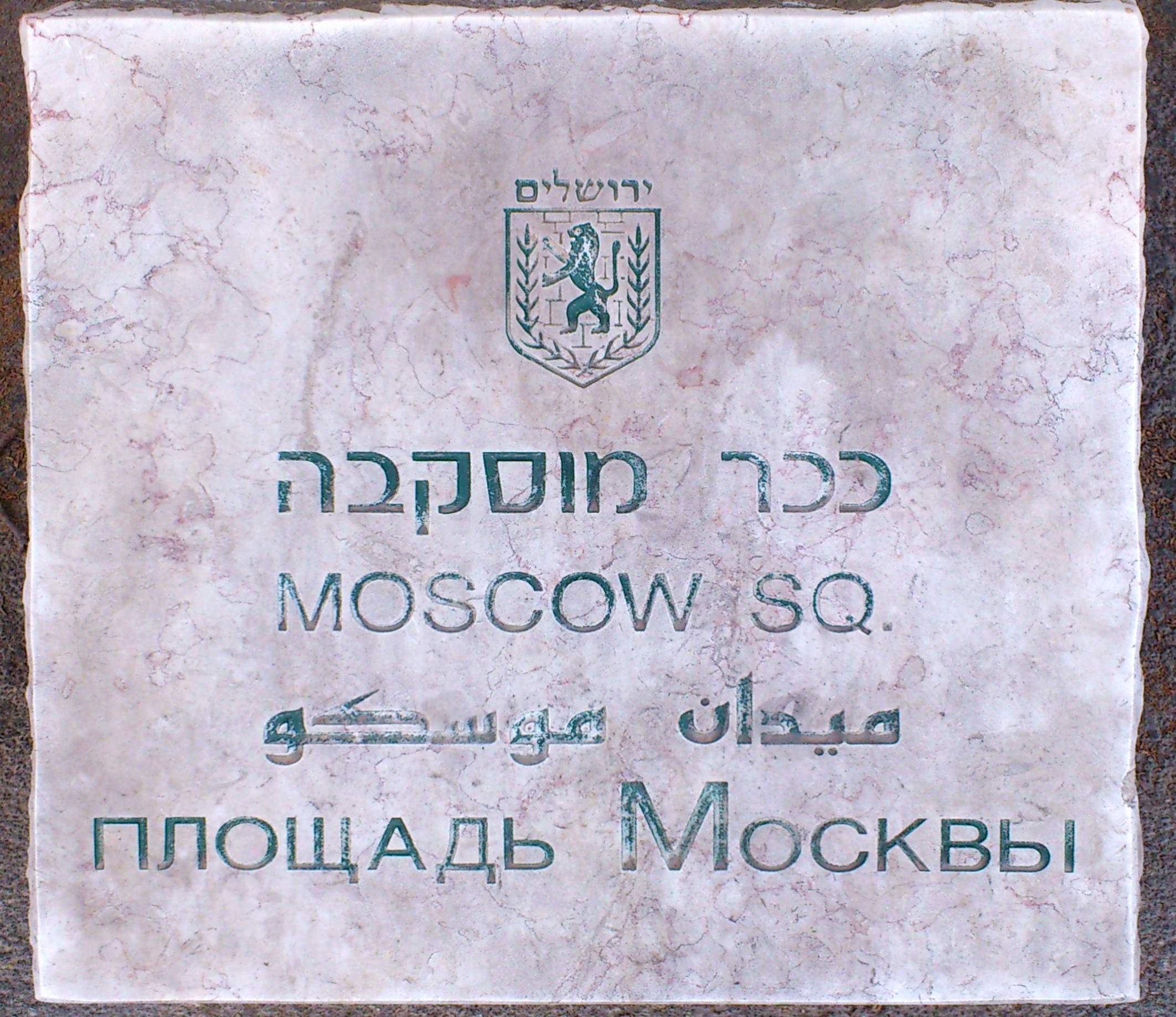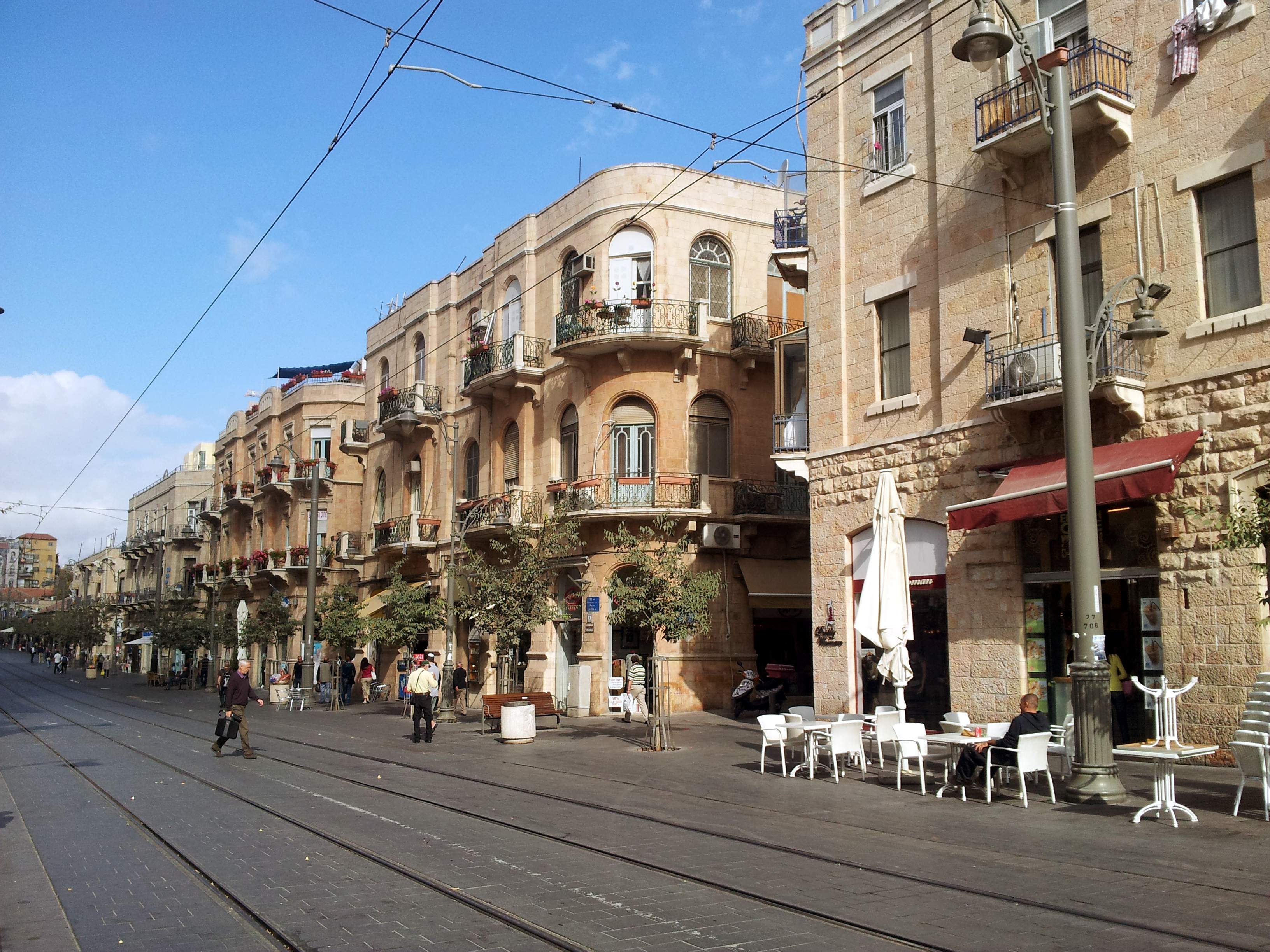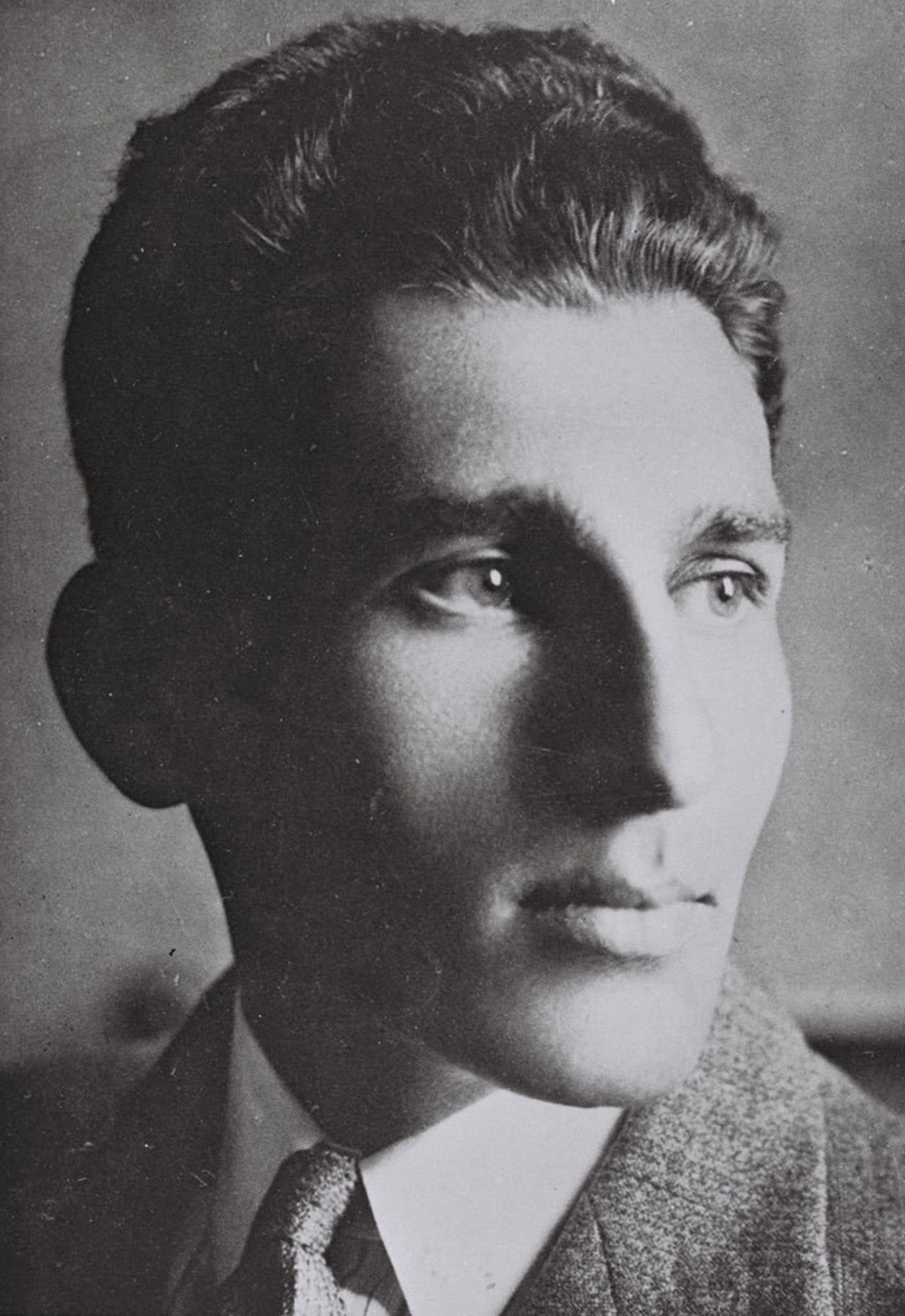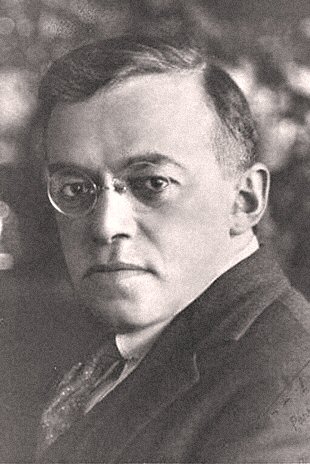|
Russian Compound
The Russian Compound ( he, מִגְרַשׁ הָרוּסִים, ''Migraš ha-Rusim'', ar, المسكوبية, ''al-Muskubīya'', russian: Русское подворье в Иерусалиме) is one of the oldest districts in central Jerusalem, featuring a large Russian Orthodox church, the Russian-owned Sergei's Courtyard and the premises of the Russian Consulate General in Jerusalem, as well as the site of former pilgrim hostels, some of which are used as Israeli government buildings (such as the Moscovia Detention Centre), and one of which hosts the Museum of Underground Prisoners. The compound was built between 1860 and 1890, with the addition in 1903 of the Nikolai Pilgrims Hospice. It was one of the first structures to be built outside the Old City of Jerusalem. The Russian Compound covers between Jaffa Road, Shivtei Israel Street, and the Street of the Prophets. After 1890 it was closed by a gated wall, thus the name "compound", but it has long since been a free ... [...More Info...] [...Related Items...] OR: [Wikipedia] [Google] [Baidu] |
Jaffa Road
Jaffa Road ( he, רחוב יפו, Rehov Yaffo; ar, شارع يافا) is one of the longest and oldest major streets in Jerusalem. It crosses the city from east to west, from the Old City walls to downtown Jerusalem, the western portal of Jerusalem and the Jerusalem-Tel Aviv highway. It is lined with shops, businesses, and restaurants. It joins with Ben Yehuda Street and King George Street to form the Downtown Triangle central business district. Major landmarks along Jaffa Road are Tzahal Square (IDF square), Safra Square (city hall), Zion Square, Davidka Square, the triple intersection (''Hameshulash'') at King George V Street and Straus Street, the Ben Yehuda Street pedestrian mall, the Mahane Yehuda market, and the Jerusalem Central Bus Station. Jaffa Road has been redeveloped as a car-free pedestrian mall served by the Jerusalem Light Rail. History Originally paved in 1861 as part of the highway to Jaffa, the road quickly became a focal point for the 19th cen ... [...More Info...] [...Related Items...] OR: [Wikipedia] [Google] [Baidu] |
Lehi (group)
Lehi (; he, לח"י – לוחמי חרות ישראל ''Lohamei Herut Israel – Lehi'', "Fighters for the Freedom of Israel – Lehi"), often known pejoratively as the Stern Gang,"This group was known to its friends as LEHI and to its enemies as the Stern Gang." Blumberg, Arnold. History of Israel, Westport, CT, USA: Greenwood Publishing Group, Incorporated, 1998. p 106."calling themselves Lohamei Herut Yisrael (LHI) or, less generously, the Stern Gang." Lozowick, Yaacov. Right to Exist : A Moral Defense of Israel's Wars. Westminster, MD, USA: Doubleday Publishing, 2003. p 78."''It ended in a split with Stern leading his own group out of the Irgun. This was known pejoratively by the British as "the Stern Gang' – later as Lehi''" Shindler, Colin. Triumph of Military Zionism : Nationalism and the Origins of the Israeli Right. London, GBR: I. B. Tauris & Company, Limited, 2005. p 218."''Known by their Hebrew acronym as LEHI they were more familiar, not to say notorious, to the ... [...More Info...] [...Related Items...] OR: [Wikipedia] [Google] [Baidu] |
Irgun
Irgun • Etzel , image = Irgun.svg , image_size = 200px , caption = Irgun emblem. The map shows both Mandatory Palestine and the Emirate of Transjordan, which the Irgun claimed in its entirety for a future Jewish state. The acronym "Etzel" is written above the map, and "raq kach" ("only thus") is written below. , dates = 1931–1948 , country = Yishuv, Mandatory Palestine Israel , type = Paramilitary (pre-independence) Unified armed forces (post-independence) , role = , size = , battles = Arab Revolt in PalestineWorld War II *Anglo-Iraqi War *Syria–Lebanon Campaign Jewish Revolt in Palestine Palestine Civil War1948 Arab–Israeli War , disbanded = 11 June 1948 , commander1 = , commander1_label = , commander2 = , commander2_label = , commander3 = , commander3_label = , notable_commanders = Ze'ev Jabotinsky, Avraham Tehomi, Menachem Begin , identification_symbol = , identification_symbol_label = , identification_symbol_2 = , identification_symbol_2_label ... [...More Info...] [...Related Items...] OR: [Wikipedia] [Google] [Baidu] |
Mandatory Palestine
Mandatory Palestine ( ar, فلسطين الانتدابية '; he, פָּלֶשְׂתִּינָה (א״י) ', where "E.Y." indicates ''’Eretz Yiśrā’ēl'', the Land of Israel) was a geopolitical entity established between 1920 and 1948 in the region of Palestine under the terms of the League of Nations Mandate for Palestine. During the First World War (1914–1918), an Arab uprising against Ottoman rule and the British Empire's Egyptian Expeditionary Force under General Edmund Allenby drove the Ottoman Turks out of the Levant during the Sinai and Palestine Campaign. The United Kingdom had agreed in the McMahon–Hussein Correspondence that it would honour Arab independence if the Arabs revolted against the Ottoman Turks, but the two sides had different interpretations of this agreement, and in the end, the United Kingdom and France divided the area under the Sykes–Picot Agreementan act of betrayal in the eyes of the Arabs. Further complicating the issue was t ... [...More Info...] [...Related Items...] OR: [Wikipedia] [Google] [Baidu] |
Hospital
A hospital is a health care institution providing patient treatment with specialized health science and auxiliary healthcare staff and medical equipment. The best-known type of hospital is the general hospital, which typically has an emergency department to treat urgent health problems ranging from fire and accident victims to a sudden illness. A district hospital typically is the major health care facility in its region, with many beds for intensive care and additional beds for patients who need long-term care. Specialized hospitals include trauma centers, rehabilitation hospitals, children's hospitals, seniors' (geriatric) hospitals, and hospitals for dealing with specific medical needs such as psychiatric treatment (see psychiatric hospital) and certain disease categories. Specialized hospitals can help reduce health care costs compared to general hospitals. Hospitals are classified as general, specialty, or government depending on the sources of income received. A teachi ... [...More Info...] [...Related Items...] OR: [Wikipedia] [Google] [Baidu] |
Consulate
A consulate is the office of a consul. A type of diplomatic mission, it is usually subordinate to the state's main representation in the capital of that foreign country (host state), usually an embassy (or, only between two Commonwealth countries, a high commission). The term "consulate" may refer not only to the office of a consul, but also to the building occupied by the consul and the consul's staff. The consulate may share premises with the embassy itself. Consular rank A consul of the highest rank is termed a consul-general and is appointed to a consulate-general. There are typically one or more deputy consuls-general, consuls, vice-consuls, and consular agents working under the consul-general. A country may appoint more than one consul-general to another nation. Authority and activities Consuls of various ranks may have specific legal authority for certain activities, such as notarizing documents. As such, diplomatic personnel with other responsibilities may receive c ... [...More Info...] [...Related Items...] OR: [Wikipedia] [Google] [Baidu] |
Mission (station)
Mission (from Latin ''missio'' "the act of sending out") may refer to: Organised activities Religion *Christian mission, an organized effort to spread Christianity *Mission (LDS Church), an administrative area of The Church of Jesus Christ of Latter-day Saints *The Christian Mission, the former name of the Salvation Army Government and military *Bolivarian missions, a series of social programs created during Hugo Chávez's rule of Venezuela *Diplomatic mission, a diplomatic outpost in a foreign territory *Military operation *Mission statement, a formal, short, written articulation of an organization's purpose *Sortie or combat mission, a deployment or dispatch of a military unit *Space mission, a journey of craft into outer space Geography Australia * Mission River, Queensland, a locality in the Shire of Cook and the Aboriginal Shire of Napranum *Mission River (Queensland), a river in Australia Canada *Mission, British Columbia, a district municipality *Mission, Calgary, A ... [...More Info...] [...Related Items...] OR: [Wikipedia] [Google] [Baidu] |
Pilgrim
A pilgrim (from the Latin ''peregrinus'') is a traveler (literally one who has come from afar) who is on Pilgrimage, a journey to a holy place. Typically, this is a physical journey (often on foot) to some place of special significance to the adherent of a particular religious belief system. In the spiritual literature of Christianity, the concept of pilgrim and pilgrimage may refer to the experience of life in World (theology), the world (considered as a period of exile) or to the inner path of the spiritual aspirant from a state of wretchedness to a state of beatitude. History Pilgrims and the making of pilgrimages are common in many religions, including the faiths of ancient Egypt, Persia in the Mithraism, Mithraic period, India, China, and Japan. The ancient Greece, Greek and Ancient Rome, Roman customs of consulting the Deity, gods at local oracles, such as those at Dodona or Delphi, both in Greece, are widely known. In Greece, pilgrimages could either be personal or state ... [...More Info...] [...Related Items...] OR: [Wikipedia] [Google] [Baidu] |
Imperial Orthodox Palestine Society
The Imperial Orthodox Palestine Society (russian: Императорское православное палестинское общество, ИППО), is a scholarly organization for the study of the Middle East, founded on 8 May 1882 by , after the approval of Alexander III. The Society's activities expanded considerably so that it held over 30,000 meetings during 1902. It was reformed and reapproved in 1919, 1922, 1925, 1930, 1952, 1986, 1989, 1992, 2002 and 2003. In 1918, following the Russian Revolution of 1917, the society was renamed the Russian Palestine Society (Russian: ) and attached to the Academy of Sciences of the USSR. Its original name was restored by the society on 22 May 1992. Today it is active both within the Russian Federation as well as abroad. These branches operate in cities abroad: * Varna, (Bulgaria) * Bethlehem, Palestine * Jerusalem, Palestine * Kyiv, Ukraine * Larnaca, Cyprus * Amman, Jordan In September 2008, the government of Israel decided t ... [...More Info...] [...Related Items...] OR: [Wikipedia] [Google] [Baidu] |
Titus
Titus Caesar Vespasianus ( ; 30 December 39 – 13 September 81 AD) was Roman emperor from 79 to 81. A member of the Flavian dynasty, Titus succeeded his father Vespasian upon his death. Before becoming emperor, Titus gained renown as a military commander, serving under his father in Judea during the First Jewish–Roman War. The campaign came to a brief halt with the death of emperor Nero in 68, launching Vespasian's bid for the imperial power during the Year of the Four Emperors. When Vespasian was declared Emperor on 1 July 69, Titus was left in charge of ending the Jewish rebellion. In 70, he besieged and captured Jerusalem, and destroyed the city and the Second Temple. For this achievement Titus was awarded a triumph; the Arch of Titus commemorates his victory to this day. During his father's rule, Titus gained notoriety in Rome serving as prefect of the Praetorian Guard, and for carrying on a controversial relationship with the Jewish queen Berenice. Despite concerns o ... [...More Info...] [...Related Items...] OR: [Wikipedia] [Google] [Baidu] |
Ancient Rome
In modern historiography, ancient Rome refers to Roman civilisation from the founding of the city of Rome in the 8th century BC to the collapse of the Western Roman Empire in the 5th century AD. It encompasses the Roman Kingdom (753–509 BC), Roman Republic (509–27 BC) and Roman Empire (27 BC–476 AD) until the fall of the western empire. Ancient Rome began as an Italic settlement, traditionally dated to 753 BC, beside the River Tiber in the Italian Peninsula. The settlement grew into the city and polity of Rome, and came to control its neighbours through a combination of treaties and military strength. It eventually dominated the Italian Peninsula, assimilated the Greek culture of southern Italy ( Magna Grecia) and the Etruscan culture and acquired an Empire that took in much of Europe and the lands and peoples surrounding the Mediterranean Sea. It was among the largest empires in the ancient world, with an estimated 50 to 90 million inhabitants, roughly 20% of t ... [...More Info...] [...Related Items...] OR: [Wikipedia] [Google] [Baidu] |







